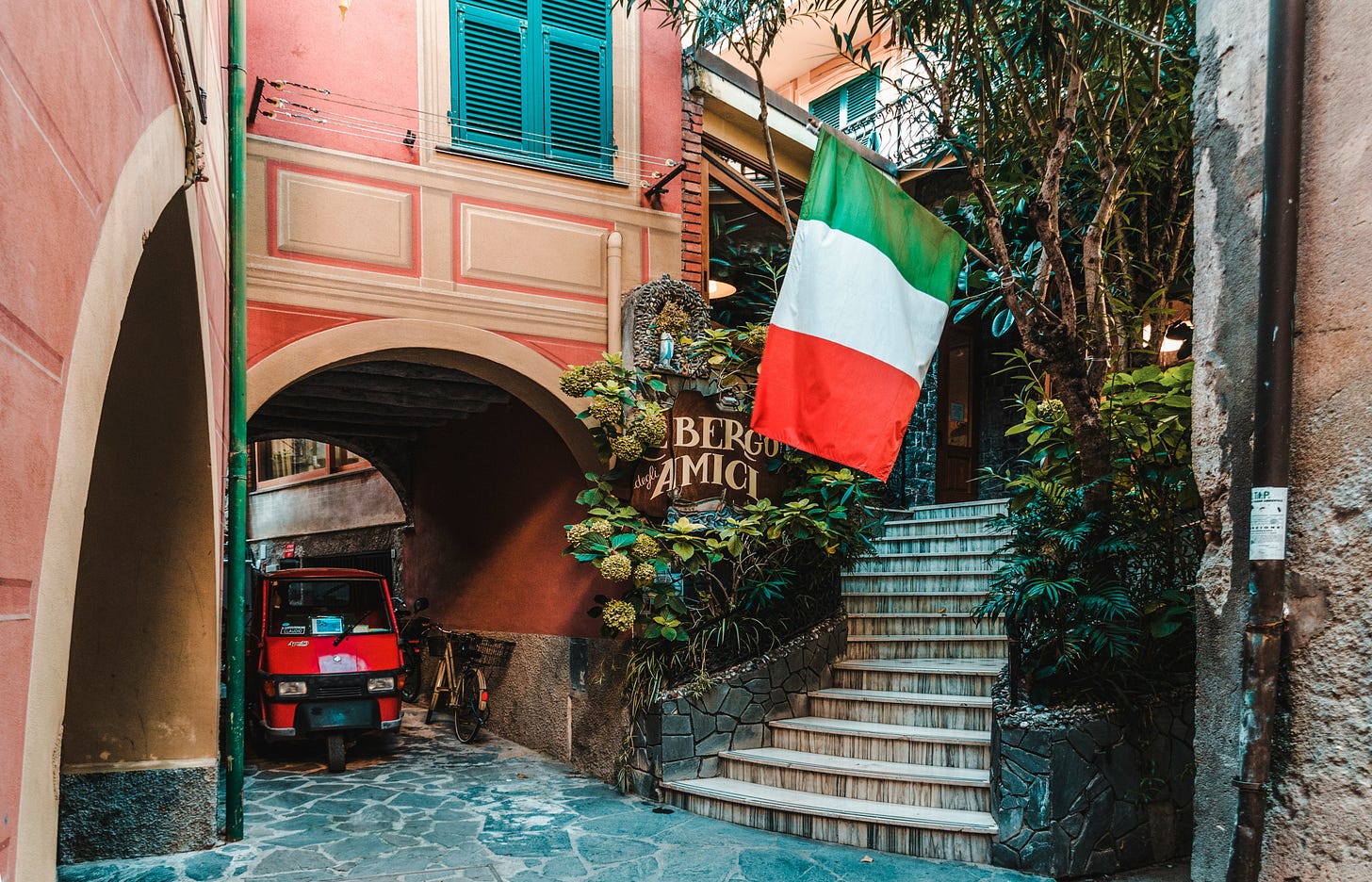Italy: Short-Term Rentals, Overtourism, and the Scapegoat Narrative
What the Numbers Really Say
Affitti brevi, overtourism e lo spettro del colpevole unico: quando la realtà è più complessa della narrazione
Affitti brevi sotto accusa, overtourism come spettro ricorrente e un mercato immobiliare in profonda trasformazione: questi i tre temi al centro dell’odierna copertura de Il Sole 24 Ore, che offre una fotografia articolata ma segnata da un retro…



